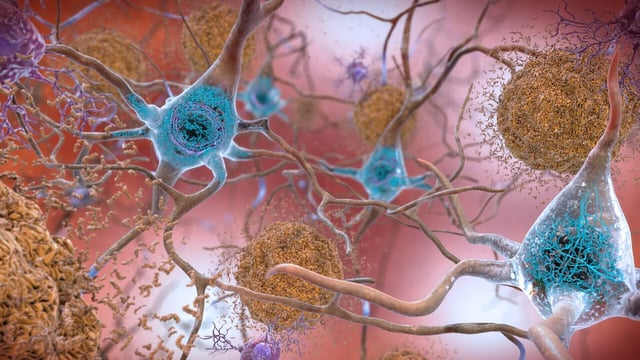Overview
- An umbrella review and meta-analysis in eClinicalMedicine synthesized data from existing systematic reviews and recent studies to clarify how timing of depression affects dementia risk.
- Researchers found that depression in both midlife and later life is associated with a markedly increased likelihood of developing dementia.
- Late-life depressive symptoms may represent an early warning sign of dementia, reflecting emerging neurodegenerative or vascular changes.
- Potential biological pathways include chronic inflammation, hypothalamic-pituitary-adrenal axis dysregulation, vascular alterations, neurotrophic factor deficits and neurotransmitter imbalances.
- With more than 57 million people affected by dementia worldwide and no cure available, authors call for integrating depression screening and treatment into dementia prevention strategies.


